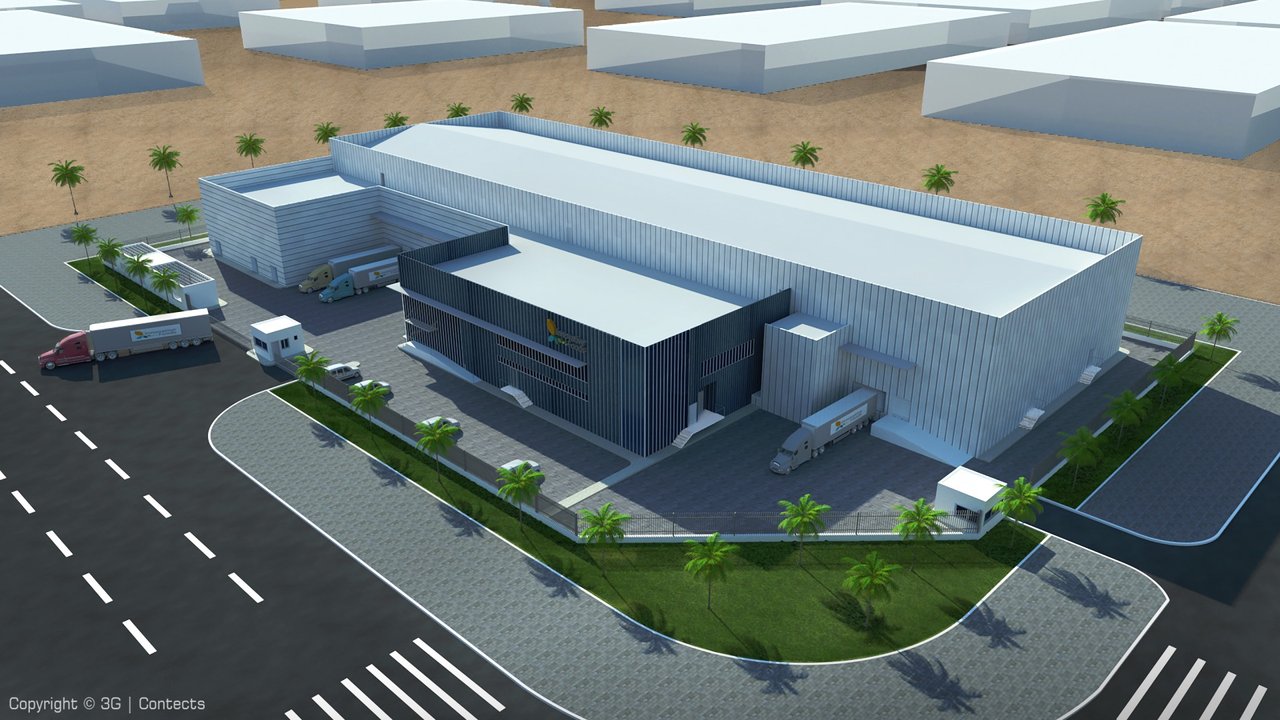LeoGlossary: Factory
1 comment

A factory is a building or facility where goods or products are manufactured or assembled on a large scale. Factories are typically industrial buildings where machinery and equipment are used to produce a variety of items, such as textiles, electronics, automobiles, and food products.
The main purpose of a factory is to mass-produce goods in an efficient and cost-effective manner. They are designed to optimize production processes, reduce labor costs, and increase productivity. They are often equipped with specialized machinery and equipment that enable workers to perform specific tasks quickly and accurately.
Here are some key features of a factory:
- Machines and equipment: Factories are typically filled with specialized machinery and equipment used to perform various manufacturing tasks. These can range from simple cutting and molding machines to complex automated production lines.
- Division of labor: Workers in factories often specialize in specific tasks, moving along an assembly line or focusing on particular stages of the production process.
- Mass production: Factories are designed for efficient and large-scale production, capable of churning out large quantities of identical or similar products in a short amount of time. This is why factory-made goods can often be cheaper than those made by hand.
- Variety of products: Factories can produce a wide range of goods, from everyday items like clothes and cars to more complex products like electronics and pharmaceuticals.
There are different types of factories, including:
- Manufacturing factories: These are the most common type of factory, where raw materials are transformed into finished products through various manufacturing processes.
- Assembly factories: These factories assemble components into finished products, often using pre-fabricated parts.
- Processing factories: These factories are used to process raw materials into intermediate or finished products, such as food processing or chemical processing.
- Research and development factories: These factories are used to develop and test new products, processes, and technologies.
Factories play a crucial role in many industries, including automotive, electronics, textiles, and food processing. They provide jobs for millions of people around the world and contribute significantly to a country's economy.
The history of factories:
- Industrial Revolution: Factories emerged during the 18th century Industrial Revolution, with the invention of new machinery and the adoption of a centralized production system. This replaced the earlier cottage industry model, where goods were made primarily by hand in people's homes.
- Evolution of factories: Over time, factories have continued to evolve, incorporating advancements in technology and automation. Today, many factories are highly automated, with robots and computers performing many of the tasks previously done by humans.
The impact of factories:
- Economic growth: Factories play a significant role in driving economic growth by producing goods and services. They create jobs, generate revenue, and contribute to international trade.
- Social and environmental impacts: However, factories can also have negative social and environmental impacts. They can pollute the environment and lead to unsafe working conditions for employees.
Different types of factories:
- Continuous production: These factories produce a single product continuously, like chemicals, paper, or refined oil.
- Discrete production: These factories produce individual, distinct products, like cars, shoes, or furniture.
General:
Posted Using InLeo Alpha
Comments